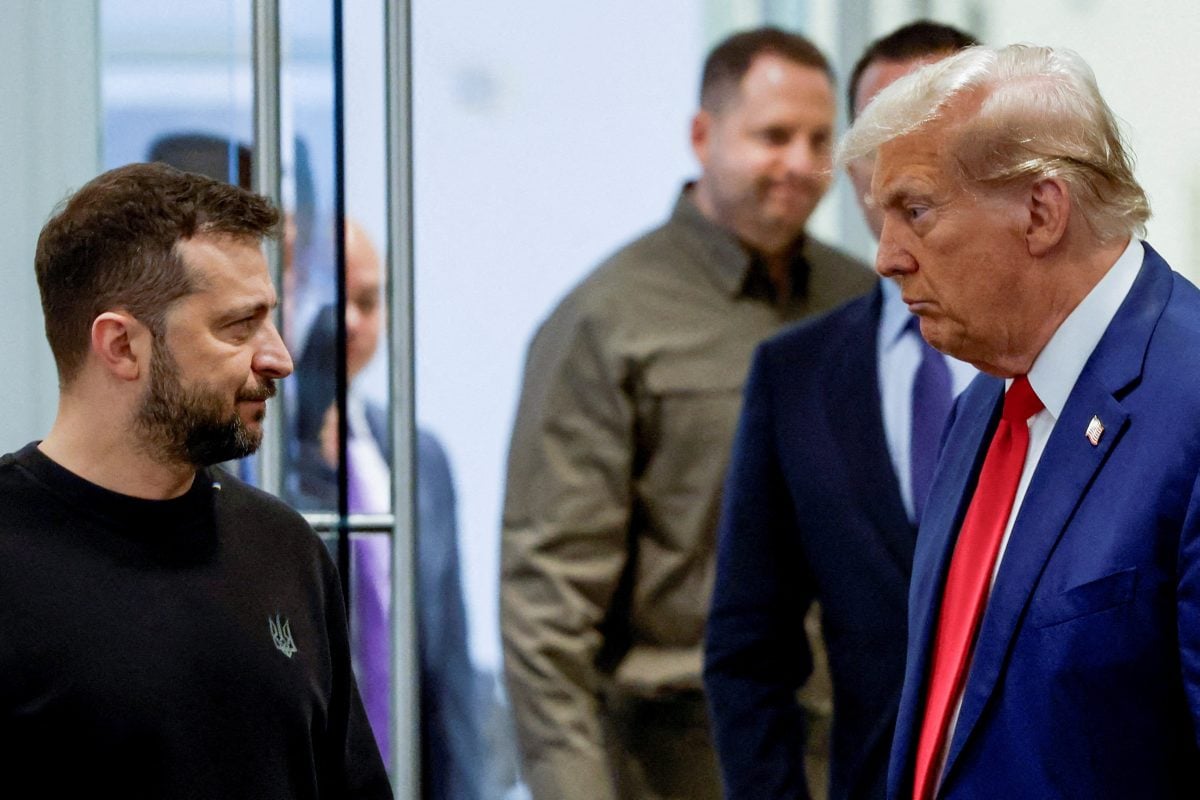WEST PALM BEACH, Florida, (Reuters) – Donald Trump’s presidential transition effort said today that a Republican operative who outlined some potential contours of a U.S.-backed peace plan in Ukraine earlier in the day was not speaking on behalf of the president-elect.
Bryan Lanza, a long-time Republican strategist who was a contractor on Trump’s 2024 campaign, said in an interview with the BBC that Trump’s administration would be asking Ukrainian President Volodymyr Zelenskiy for a “realistic vision for peace.”
He said the new administration’s priority in Ukraine would be establishing peace and not restoring lost territory, including Crimea.
“And if President Zelenskiy comes to the table and says, well we can only have peace if we have Crimea, he shows to us that he’s not serious. Crimea is gone,” he said.
Responding to Lanza’s comments, a spokesperson for the transition denied that Lanza spoke for Trump. Trump’s transition effort is currently vetting personnel and drafting the policies that Trump could adopt during his second term.
“Bryan Lanza was a contractor for the campaign,” said the spokesperson, who declined to be named. “He does not work for President Trump and does not speak for him.”
During the election campaign, Trump said he would find a solution to end the war “within a day,” but did not explain how he would do so.
Zelenskiy and Trump spoke by telephone this week after the U.S. election in a conversation joined by billionaire Trump supporter Elon Musk, according to media reports.
Trump himself has declined to rule out the possibility that Ukraine may have to cede land to Russia and has been notably vague when discussing the conflict. Some high-profile allies have put forth peace proposals that would in practice result in long-term Russian rule over areas that are internationally recognized as Ukrainian territory.
Russia annexed the Crimea peninsula in 2014 after an uprising that prompted Ukraine’s Russia-friendly president to flee. More than 2 1/2 years after launching its full-fledged invasion, Russian forces hold just under 20% of its territory.
Zelenskiy has repeatedly said peace cannot be established until all Russian forces are expelled and all territory captured by Moscow, including Crimea, is returned. His “victory plan” presented last month maintains that provision as well as an invitation for Ukraine to join NATO, long denounced by Russia.
Ukraine has sought modern weapons from the United States as well as authorisation to use them on Russian targets but it has never called for U.S. forces to be deployed on its territory.
Russian troops failed in their initial advance on the Ukrainian capital Kyiv but in recent months have been capturing a string of villages on the eastern front.
Russian President Vladimir Putin said in June that conditions for peace talks included Ukraine abandoning the four regions Moscow has annexed, though it does not have full control over them.

